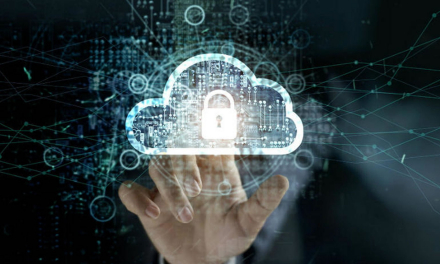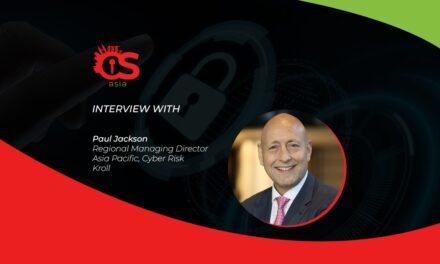Suddenly thrust into home-based work environments, the global workforce needs constant reminders about risks and cybersafety measures at home.
The coronavirus crisis is turning daily work routines upside down in Asia and around the world. Businesses are being forced to change familiar working procedures, primarily implementing staggered work hours and enabling employees to work from home as part of circuit breaker measures: perfect circumstances for online scammers to exploit.
Having observed the massive increases in targeted cyberattacks Munich-based cloud services provider Retarus has produced an anti-phishing guide for free distribution to help raise awareness about fraudulent emails and scams. The guide also contains useful tips to combat such attacks.
With state-of-the-art email security services, companies are generally protected against cyberattacks in the office. But with home offices set up quickly and pragmatically during the crisis, these temporary workplaces often do not have the same level of protection—the internet connection at home is not secure to the same extent as an enterprise network. Attackers are therefore eager to find their way into company networks through poorly-safeguarded home computers.
Exploiting the coronavirus crisis
“Official” information about the virus pandemic, offers of high-demand products such as respiratory masks and coronavirus test kits, or the purported need to install tools for the home office are just a few examples of the many ways in which scammers are trying to gain access to home office computers, and thus sneak their way into company networks.
Staff working from home do not have the option of quickly checking with colleagues across the office, whether the contents of an email could be trustworthy. This is being exploited by criminals committing CEO fraud or business email compromise (BEC) scams. By impersonating supervisors and requesting a high degree of urgency and secrecy, specific employees are targeted to disclose confidential information or arrange the remittance of company funds.
How employees can protect themselves
Said Dylan Castagne, Managing Director, Retarus Asia: “With 91% of all email-related security breaches emanating from poor cyber hygiene, never has it been more pressing to adopt good practices and invest in solutions that will better support remote working environments in the face of crisis. Beyond investing on email security tools, however, it is likewise paramount that businesses in the region focus on keeping employees informed so they can be more vigilant in recognizing phishing emails from valid email requests.”
To this end, the Retarus Anti-Phishing Guide reveals how employees in the home office can protect themselves optimally from phishing emails, how to recognize well-disguised scam emails, and how to behave correctly in cases of uncertainty are revealed.

















